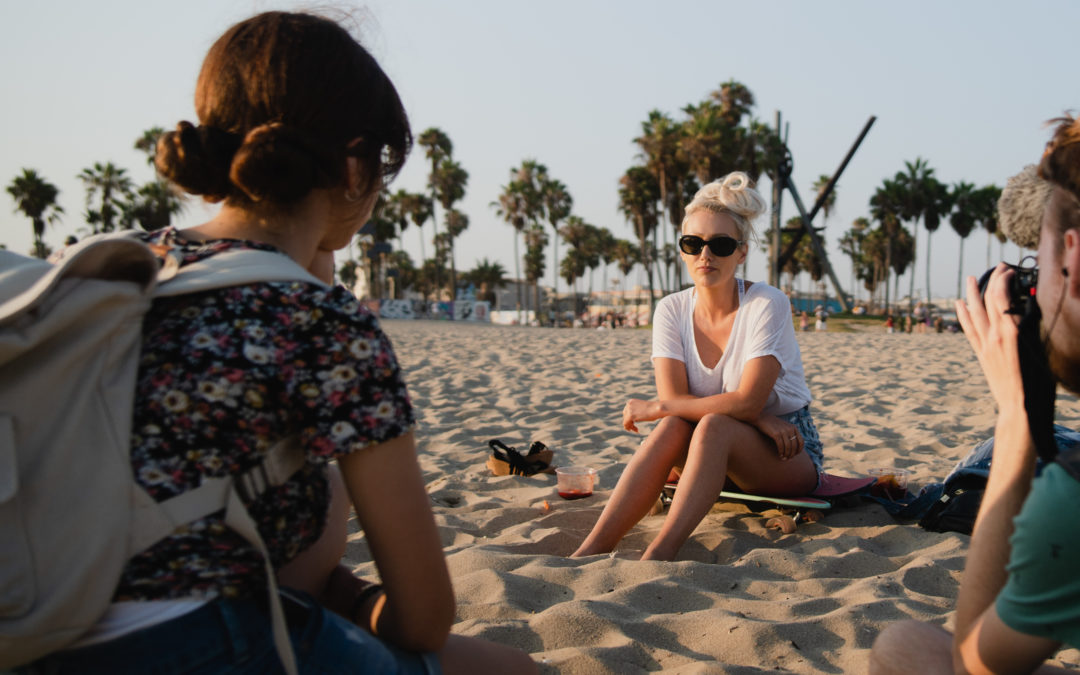3 things you didn’t know, but you should know.
As someone who has been joyfully and actively pro-life for as long as I can remember, I knew creating this incredible documentary would be difficult, but not because I wanted desperately to “win an argument” or “change the mind” of someone who disagreed with me. In fact, it was never about that. It was because I knew my heart would be weighed down many times by the suffering of others, including those who were very different from myself. I knew I would ask the unanswerable “what ifs?” as I interviewed each stranger throughout our trip of life-changing encounters.
That is what first comes to mind when I reflect on the crazy project that uprooted my life for nine days. In teams of three, the crew of The Voices Docuseries scoured the streets of Phoenix, Los Angeles, San Francisco, Portland, and Seattle–often for 8 or more exhausting hours a day. If we were lucky enough to get an interview, our question was simple: “Have you or anyone close to you ever been affected by an unplanned pregnancy?” The conditions were simple too. A good interview meant there was nothing loaded with talking points or opinions, from our side or theirs. No opinions. No politics. Just stories.
And so, after coming home and processing the experience, I can finally begin to put into words what 130 strangers taught me about unplanned pregnancy and abortion.
There is power in listening and sharing stories.
First, I learned there is profound power in listening and storytelling, enough to peacefully bridge the gap and give new life to the conversation about unplanned pregnancy in America. It is a tradition too-often lost in the talking-over-others discourse of today. I watched stories build openness and almost instantaneous trust between people of all beliefs and political backgrounds.
Over and over again, a story became the bridge between me and a person on the street. With each new encounter, we took the initial step in an ongoing conversation about unplanned pregnancy and abortion. That first step was my presence as a listening ear, my empathy, and a willingness to relive their darkest or happiest moments together. Looking back now, I wonder what would happen if in our fight to defend the good, true and beautiful, we started by asking questions to understand, to get to a place where two people can begin to recognize the humanity and dignity in the other person.
People Don’t Always Regret Abortion, but it’s Not a Quick Fix Either.
Second, I was initially struck that no one I interviewed who had chosen abortion told me they regretted it, and yet they always described feeling (or trying not to feel) the experience deeply and mournfully. Some told me it seemed now that it was still the right choice, and my heart broke. It was very obvious how dark an experience it always was; most talked about it as a “necessary evil” more than a positive choice. Often, it was hard to ignore the glaring dissension between their words, emotions, and body language. But it wasn’t difficult to wonder why.
I realized later, still deeply processing my encounters, that when someone goes through a traumatic experience, they don’t always recognize it at the time. Not when they’re too busy trying to forget, bury the secret, and keep up an appearance of normalcy in the midst of incredible loneliness and pain. After living in survival mode for a certain period of time, it would cost too much, hurt too much, to enter honestly into the experience again. And so, it made sense that many people I talked to seemed to think that their only choice post-abortion was to “shut up and move on.” To even talk about regret, much less to a documentary team, might have been too devastating to the fragile sense of peace some were struggling to maintain.
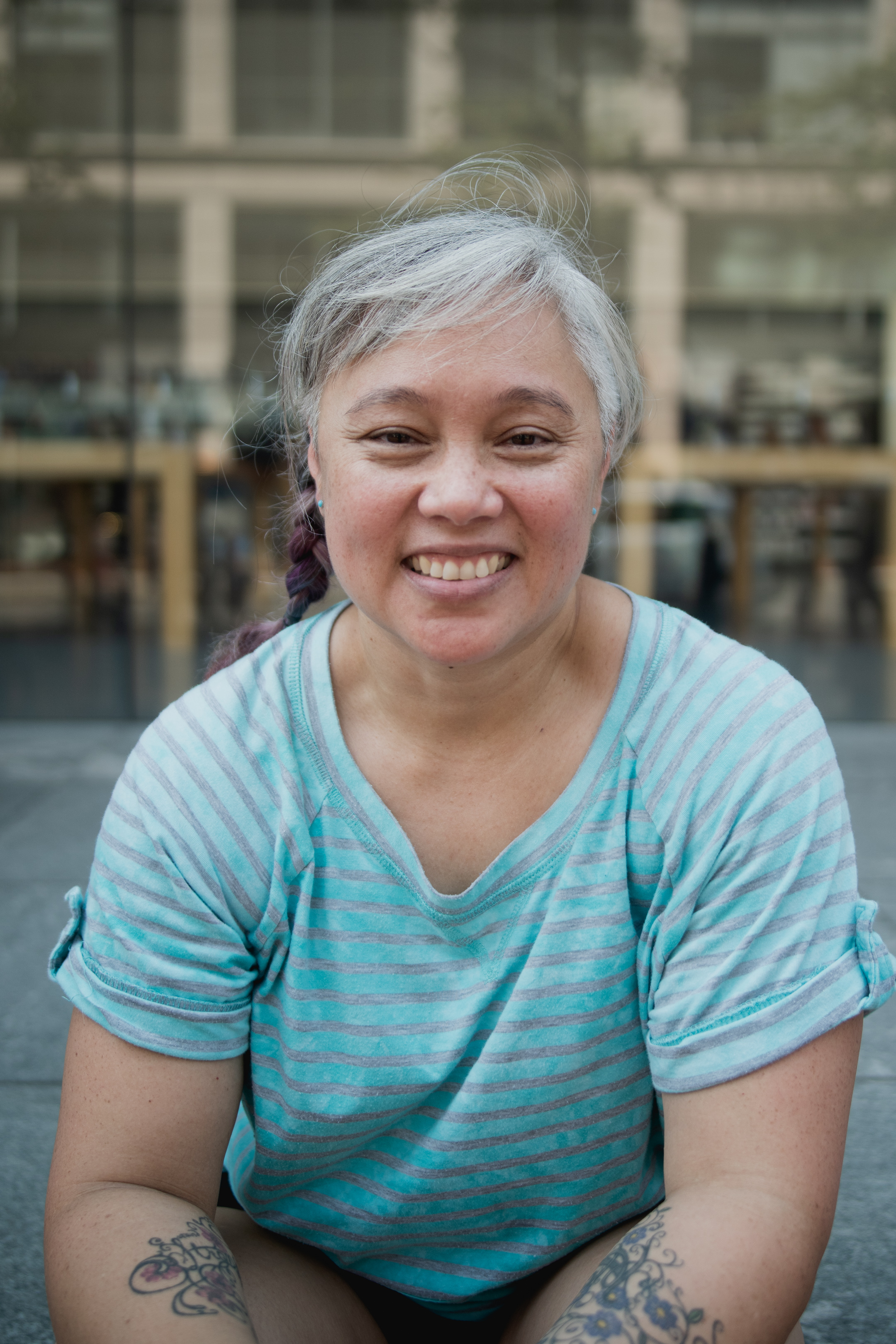
I asked a woman near a public transportation station in Portland about an abortion she had more than 25 years ago with an ex-boyfriend, something only her current husband and close friends ever knew about, but not her parents–they could never know. She described feeling “just kinda numb” afterwards and how she “just tried to forget about it.”
Others described sadness, confusion, a sense of loss, and guilt following their abortion experiences. One young man described how his ex-girlfriend used drugs to escape the stress of her unplanned pregnancy and put off the abortion until she was five months pregnant.
“She just did what numbed her, which was drugs. Put it off. It’s almost like she didn’t want to believe it was true, you know? The sex of the baby was known, but she didn’t want to know…just knowing that it was a part of us that went away.”
One woman, in tears, described how she is still in therapy, years later, and “probably will be for a long time, but…I still don’t regret it.” Watching her interview, I wanted to cry with her. Many people, often for overwhelming reasons (financial, futures, family, fear), had chosen the “necessary evil,” and even I, a total stranger, could see the damage it inflicted.
Abortion was never the “quick fix” society promotes it to be, and even after the pregnancy ended, the devastating ripple effects continued to spread, even to other people surrounding the mother and father. This was most deeply understood and expressed by those who had personally experienced it.
Another young man I met in a park in San Francisco described his ex-girlfriend’s abortion after initially agreeing with him to parent the child. He had been preparing his heart to be a father, but with one choice outside of his control, that reality shattered.
Two minutes into the interview, I cut it off to ask if I could give him a hug. He was having difficulty speaking, and there were tears in his eyes as he recalled the tragic event that had occurred over two years ago.
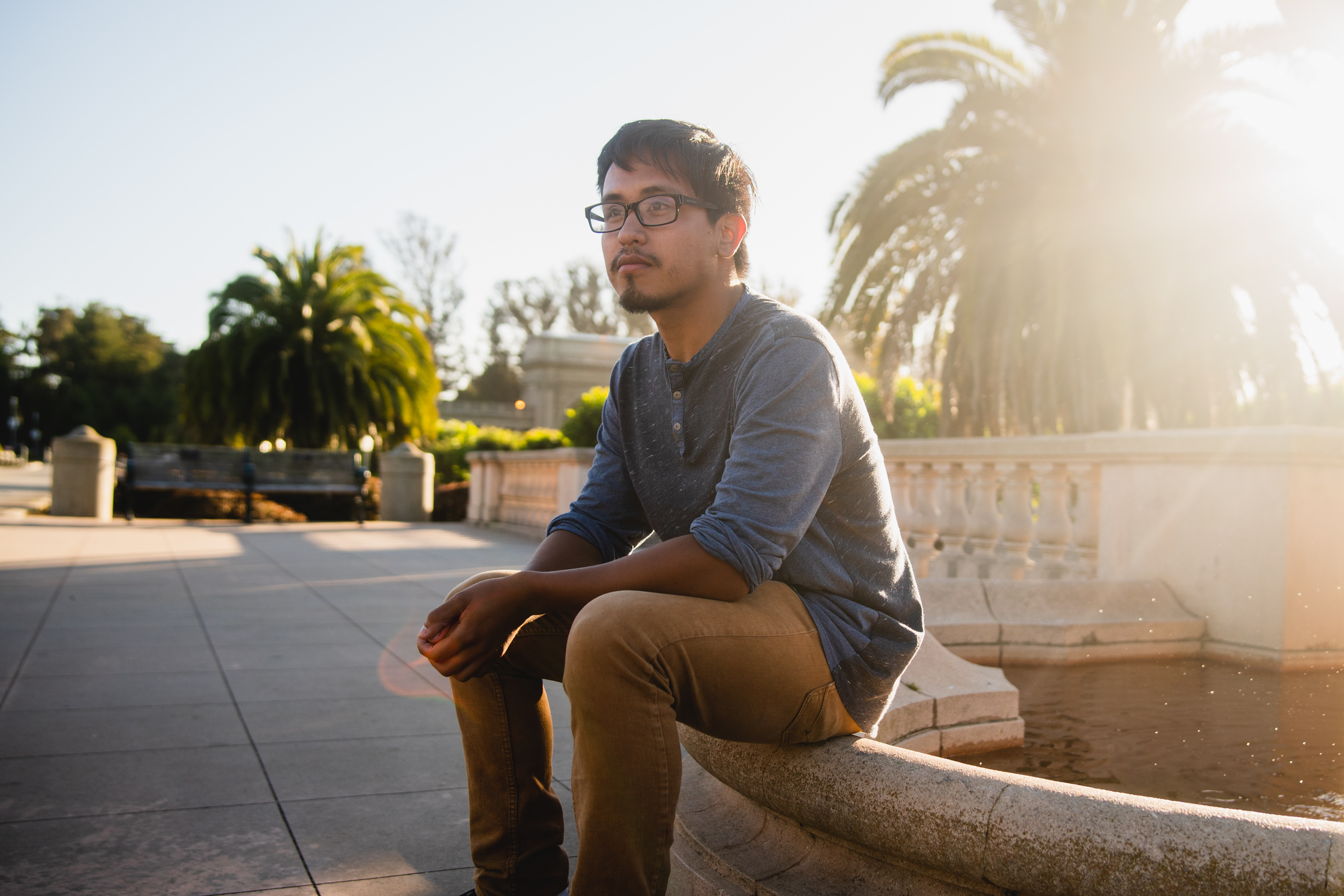
To the young woman in LA I wanted to ask, what if your brother’s ex-girlfriend had told him, the father, about her pregnancy? Would she have still felt the need, all alone, to abort, like there was no other possible choice? Could he have been spared his terrible, consuming grief and her terrible fear have been overcome?
To the broken man in the park in San Francisco, who was so ready and willing to be the father his child needed, what if he had felt “allowed” by society to speak up and stand by her when his ex-girlfriend decided to abort instead? Would I have met him with a little toddler by his side, or seen smiling family photos on his phone, as he laughed and told the story about a terrifying situation that ended with his life’s greatest gift?
What if, as a society, we didn’t perpetuate a narrative that tells girls they aren’t strong enough? That pregnancy is the end of their happiness? That only an excruciating secret, an uninterrupted career track, and a facade of perfection is their best and only realistic “choice?” Unplanned pregnancy was overwhelmingly talked about as something to be dealt with quickly, alone, and forgotten about. But no one forgot. These people could tell me about their abortions like it had happened yesterday–not 25 years ago. Looking back, I wish I could transport myself back in time in each of their stories to be that other voice, the one that told them they weren’t alone in their frightening circumstances. But, tragically, we and the interviewees themselves will never know what if.
Community Support Saves Lives.
But, finally, I learned that a vocal and supportive community surrounding a woman in an unplanned pregnancy produced the stories of most profound joy and life, for all involved. Sometimes all it took was a couple seconds of insane courage. A moment when the mother or father of a child chose to reach out to someone, anyone, outside themselves for help. In that moment of bravery, hope was finally allowed to flourish.
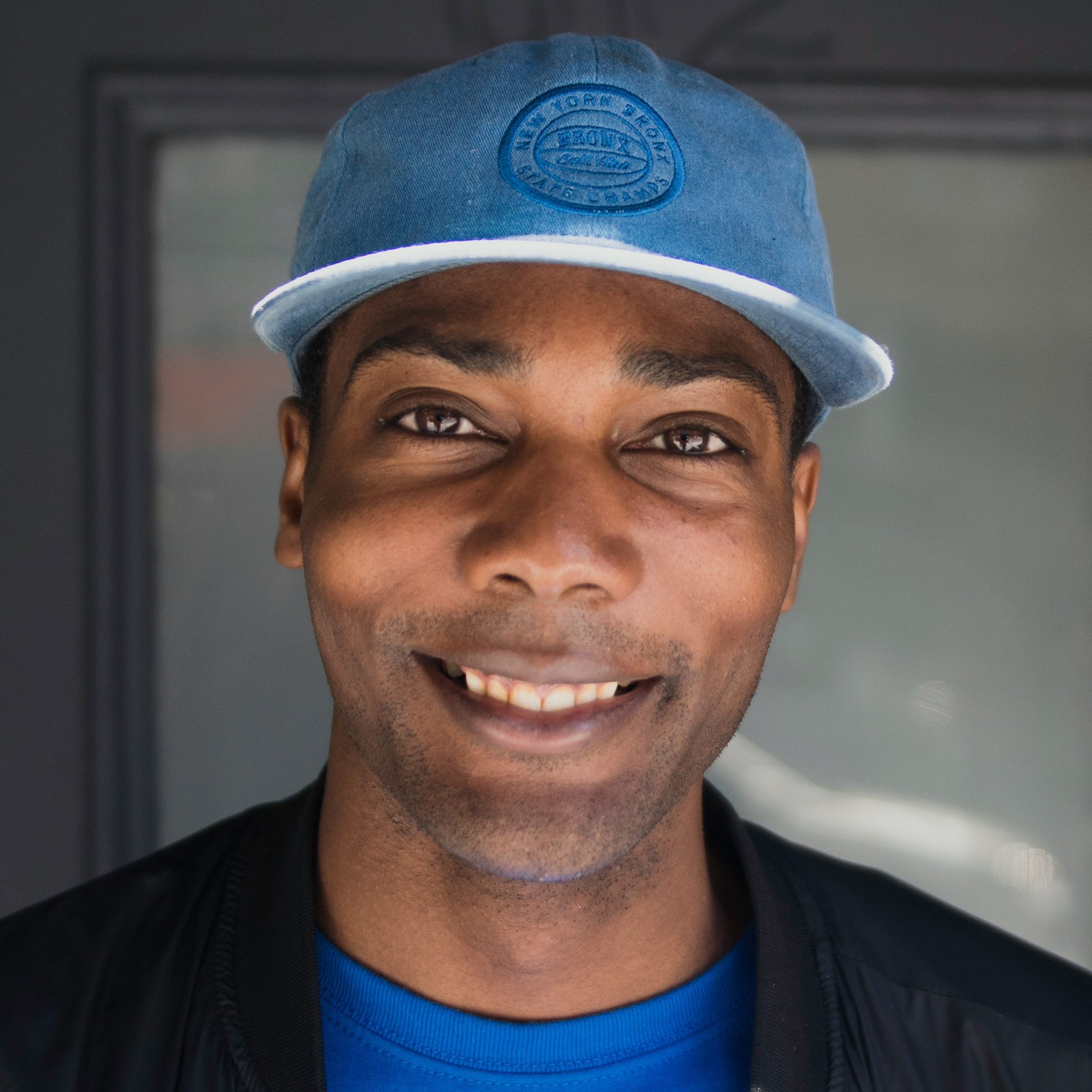
An aspiring comedian I met in San Francisco described the unplanned pregnancy his friend’s girlfriend faced their junior year of high school. Her parents wanted her to get an abortion, but our interviewee described how his guy friend came to him to talk honestly about the situation. This new father needed to vent, to describe his fears, and to ask for help. Afterwards, “he told her he was going to be there and support her…And after that they just…really became a team.” Even a teacher and fellow classmates at the high school became part of their support structure. They were “cheerleading” his friend on when he was tired or showed up late for class because of his newborn daughter. He was allowed to set up a customized schedule for completing assignments and projects. Watch his story here.
Smiling, he explained the transformation of his friend into a happy father before his eyes:
“It was really surprising, and kind of inspiring…to see someone give up the things that they love the most, and then find…that kind of feeling of fulfillment and satisfaction.”
A curly-haired redhead I met a block away from Hollywood Boulevard talked about a pregnant friend in high school. Her mother had kicked her out, and her boyfriend had left her. According to our new friend, it “broke her heart” but not her commitment to the life growing inside her. It was her grandmother who took her in, and our interviewee and her friends who went with the girl to her doctor’s appointments. They defended her at school and celebrated with her when she gave birth to a healthy baby girl a couple months after graduating high school. Watch her story here.
I heard many more stories about the life-saving impact of support and how a terrifying unplanned pregnancy became a beautiful story of redemption. They are heroic stories that would never have had the chance to be told, real stories that the culture would drown out, if not for a chance meeting on the street. As one man told me, despite his heartbreaking story of loss, “there’s good things that happen. There’s bad things that happen. But the fact that I’m alive today, that’s a blessing.”
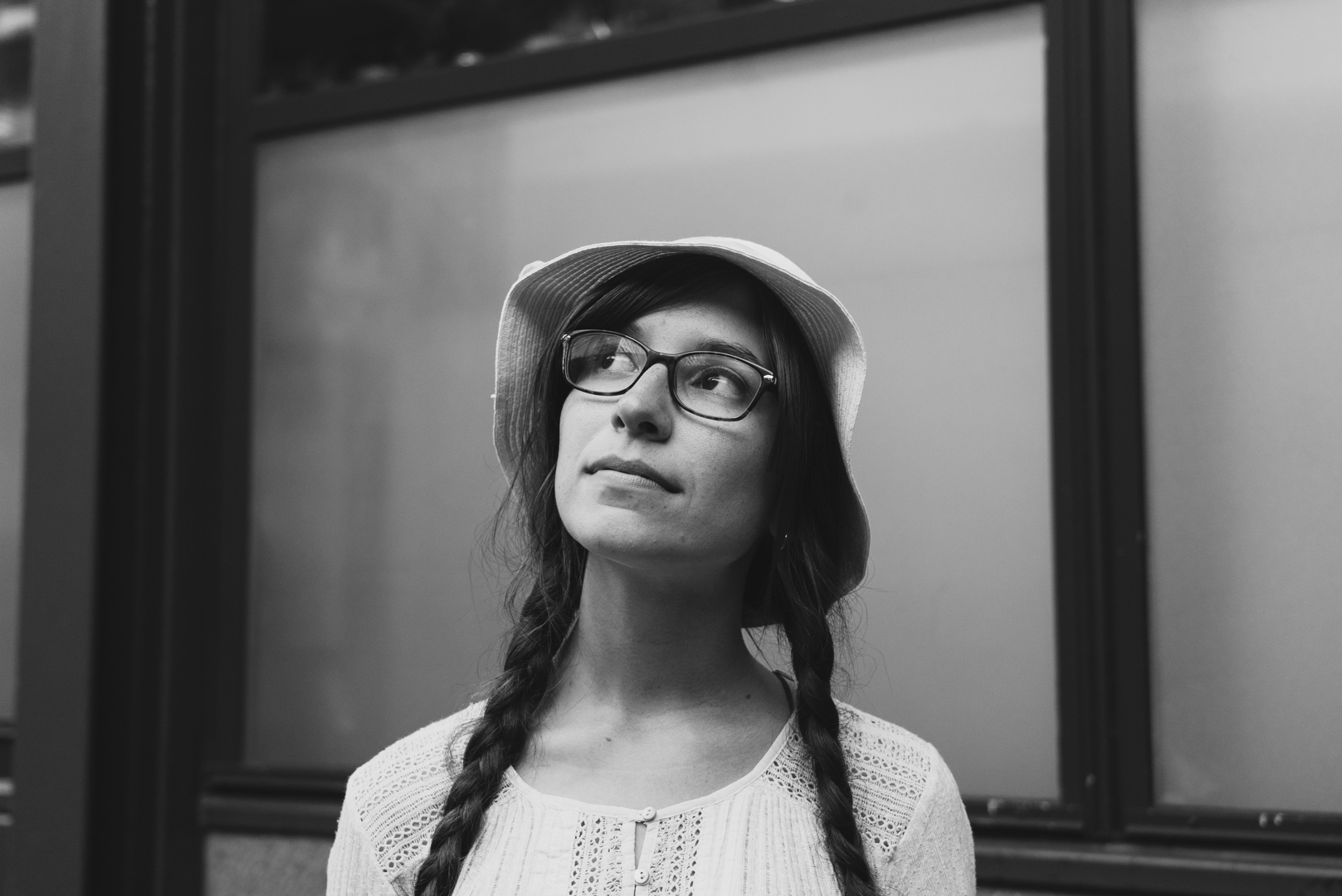
With each human encounter, I learned a little more about the universal experience of fear, the unknown, and the shock of unexpected change. I saw in each face the choices it can drive someone to make and the lifelong ripple effects it can have on everyone around them, for better or for worse.
I learned that the world is just as broken as I thought it was. And maybe a little more. But sharing unexpected vulnerability, stories, and even a couple tears showed me there is more potential for overcoming division, accepting grace, and experiencing healing than I thought. And, sometimes, that can begin even with a camera, a microphone, and a stranger.
The Voices Docuseries, created by Voices for the Voiceless, is a documentary series that tells the true story of unplanned pregnancy in America. The product of 130+ interviews with strangers, each episode in the series explores major themes like isolation, shame, support, and strength. Watch the documentary.
Related Articles
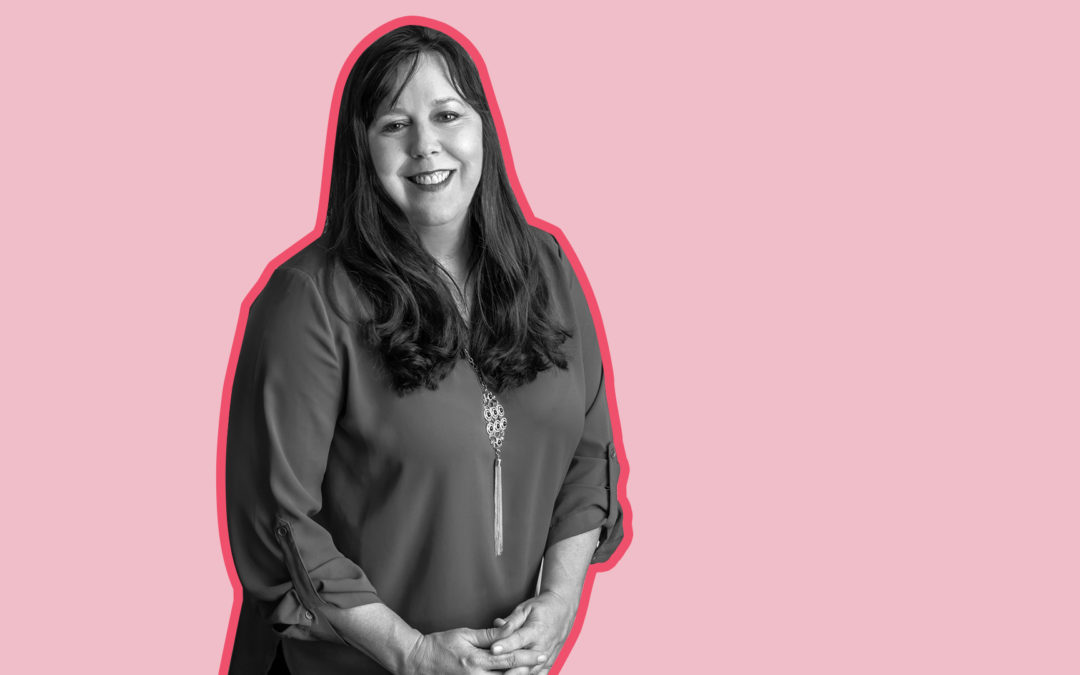
AMA: The Secret to Unplanned Pregnancy Support with Tammy Abernethy
Tammy Abernethy shares the secret to providing empowering support to women facing unplanned pregnancies.
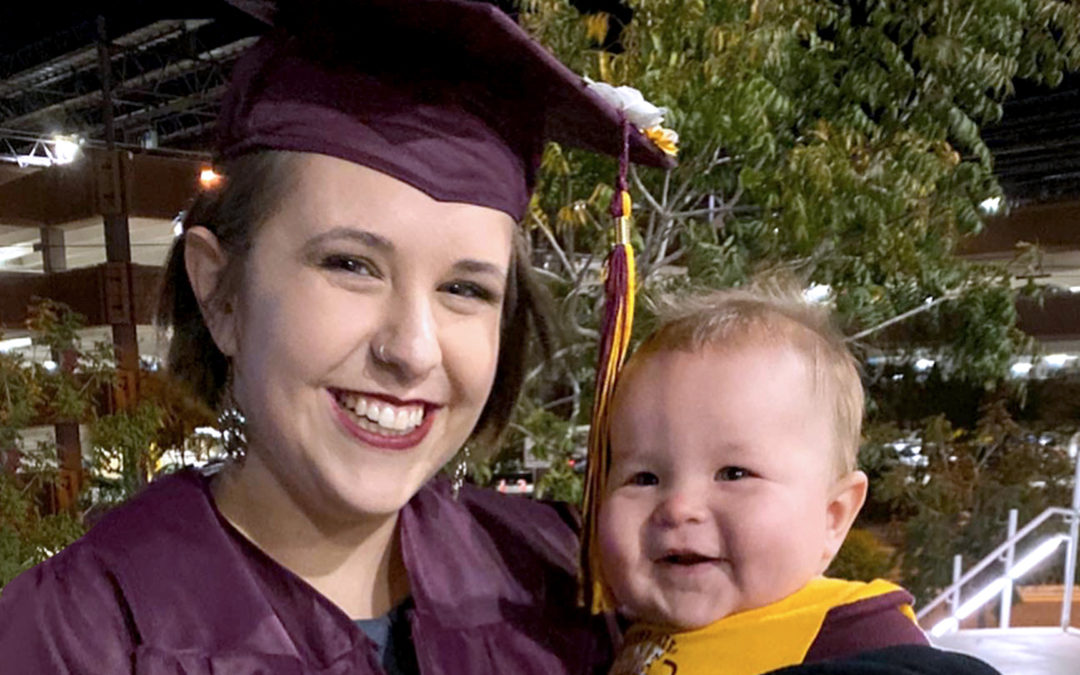
AMA: How to Support Pregnant and Parenting Students with Katie Forbes
Mom and college graduate Katie Forbes teaches us how to empower pregnant and parenting students to achieve their academic dreams.

